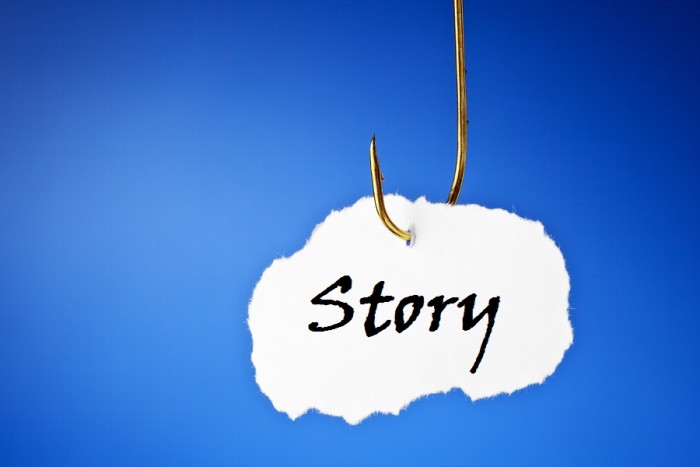Since we recently discussed the role of a synopsis in a fiction proposal I thought it important that we address what the nonfiction author needs to provide.
This is one of the main differences between the fiction and the nonfiction book proposal. I’ve seen many authors confuse the two and create extra work for themselves.
Not a Synopsis but an Outline
I intentionally did not use the word “synopsis” in the title of this article. Your nonfiction proposal doesn’t provide a synopsis per se. Instead it is more of an annotated outline.
(A fiction synopsis is two-three pages single spaced which tells the whole story from beginning to end. A “quick and dirty” overview. Do not do that with a nonfiction book.)
Start with the Table of Contents
The nonfiction proposal should include a table of contents (TOC). (A novel proposal does not need a TOC. Yes, I’ve seen fiction TOC’s that are just a list of sequential numbers…)
A simple method would be to write one paragraph about each chapter describing its core message. A chapter-by-chapter analysis.
Sort of like an executive summary. In many businesses the executive manager won’t have time to read all 10 pages of your statistical argument for buying a new machine. But they will read a one paragraph summary.
One benefit of this exercise is that you might realize that you have two chapters that, when boiled down to their essence, are saying the same thing. It means you might be needlessly repeating yourself.
Be Intentional and Brief
This annotated outline is a bit like creating a hook for each chapter. It forces you to think hard about what your book is saying in each part or what the title of your chapter should be. Even if you haven’t written those chapters yet, I hope you’ve thought about what you are planning on writing. It may help guide your eventual composition.
As with the fiction synopsis, there are no shortcuts here. Your book proposal will be scrutinized by everyone in the decision making process at the publisher. This “executive summary” of the whole book could be what helps sell, or not sell, your idea.

In some ways this outline is creating an architectural design of a bridge. A blueprint or a “picture” of the bridge. You aren’t using steel beams or bricks, you are drawing a picture of what the bridge will look like when complete.
How Do I Write a Good Annotated Outline?
Some thoughts to consider:
- Avoid starting each annotation with “This chapter will” or “The reader will.”
- Use an active voice. Avoid “ing” words. You can’t eliminate them all but at least be careful.
- If applicable, include the “big idea” or the key benefit of this chapter.
- Keep it to one paragraph…maybe two. You aren’t rewriting the chapter, merely summarizing it.
- Think of each chapter as a speech you are giving. If you are asked for a one paragraph pitch for that speech, how would it read? That pitch is an executive summary of the hour long presentation you’ll make later.
Exceptions to the Rule
Please remember these are guidelines, not rules. Not every book fits the above set up. A devotional. A cookbook. A Bible study. Even a memoir. Any number of various projects do not fit the straightforward TOC and annotation.
Too often I’ve seen someone try to create an annotated outline of a 30 day devotional. That doesn’t work very well because that type of writing is already sparse and pointed. To create 30 one sentence summaries is unnecessary.
In the case of a devotional, don’t provide a TOC. Simply rely on the overall concept of the whole book. Discuss the layout and approach. Then let the samples speak for themselves.
If you are writing a memoir remember that it is a genre that falls between fiction and nonfiction. It is a story…but one that is true. Rachelle Gardner wrote a great post on this issue and how to pitch that memoir. (You can find it here.)
If your book does not fit the typical TOC annotation, then don’t worry. Try your best to convey the overall picture (the blueprints of the bridge). Shoehorning the concept of annotation into the wrong type of book will be a struggle and ultimately a waste of time.
Novelists Beware!
All novelists take note.
Do not create an annotated outline of every chapter in your novel. It is a common error because the novelist read a book on writing proposals and didn’t know the book’s advice was for nonfiction.
I recently read a novel that had 90 chapters. I cannot imagine what a chapter-by-chapter annotated outline of that novel would have looked like. I suspect the author correctly used a three page single spaced synopsis to sell his story. Not an unending 90 part annotated outline.
If novelists fail to know the difference they may regret the wasted effort.











